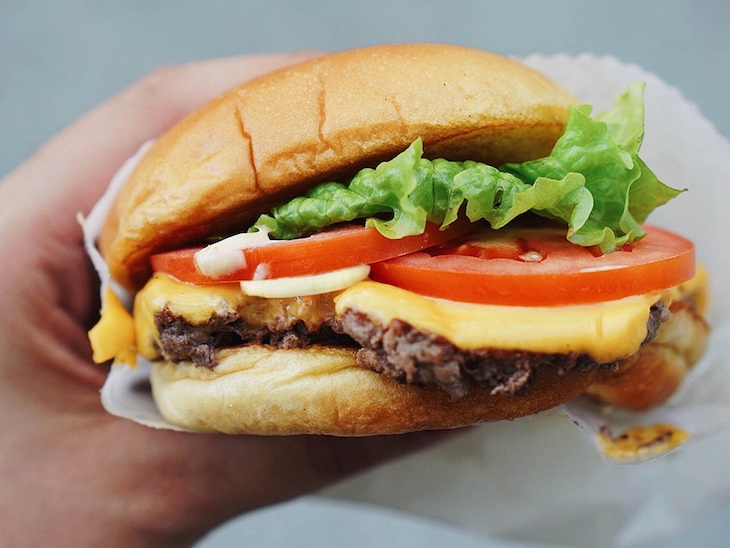The alleged Wendy’s E. coli O157:H7 outbreak has ended with 109 sick and 52 hospitalized, according to the Centers for Disease Control and Prevention (CDC). The CDC states that officials were unable to confirm the food source, but 83% of patients interviewed said they ate at a Wendy’s fast food restaurant before they got sick. And many of those patients said they ate burgers and sandwiches made with romaine lettuce.

The case count by state is: Indiana (11), Kentucky (2), Michigan (67), New York (1), Ohio (24), and Pennsylvania (4). That’s an increase of 12 more patients since the last update on September 1, 2022. The actual number of people sickened in this outbreak is likely higher than this number, and the outbreak may not be limited to the states listed.
The patient age range is from 1 to 94 years. Illness onset dates range from July 26, 2022 to August 17, 2022. Of 97 people who gave information to public health investigators, 52 were hospitalized, for a rate of 53.6%. Thirteen people developed hemolytic uremic syndrome (HUS), which is a type of kidney failure.
Among 82 people with detailed food history, 68, or 83%, said they ate at a Wendy’s restaurant the week before their illness began. Those restaurants are located in Indiana, Kentucky, Michigan, New Jersey, Ohio, and Pennsylvania. Of 68 people who had detailed information about what they ate at Wendy’s, 46, or 68%, said they ate romaine lettuce served on burgers and sandwiches.
However, investigators could not confirm romaine lettuce as the source of this outbreak. The Wendy’s meals eaten by sick people had many similar ingredients. And there were no laboratory or traceback data that confirm romaine lettuce as the source. Still, Wendy’s removed the romaine lettuce used on burgers and sandwiches at restaurants in states where ill persons ate.
Whole genome sequencing showed that bacteria from sick people’s samples were closely related genetically. This means that patients likely got sick from eating the same food. Analysis of the pathogen from 108 patient isolates predicted resistance to the antibiotics hloramphenicol, streptomycin, sulfisoxazole, tetracycline, and trimethoprim-sulfamethoxazole. However, antibiotics are contraindicated in E. coli infections because the drugs can increase the risk of HUS.
If you have experienced symptoms of an E. coli O157:H7 infection and have eaten at Wendy’s, see your doctor. You may be part of this alleged Wendy’s E. coli O157:H7 outbreak

If you have been diagnosed with an E. coli infection from contaminated food, please contact our experienced attorneys for help with a possible lawsuit at 1-888-377-8900 or 612-338-0202.




